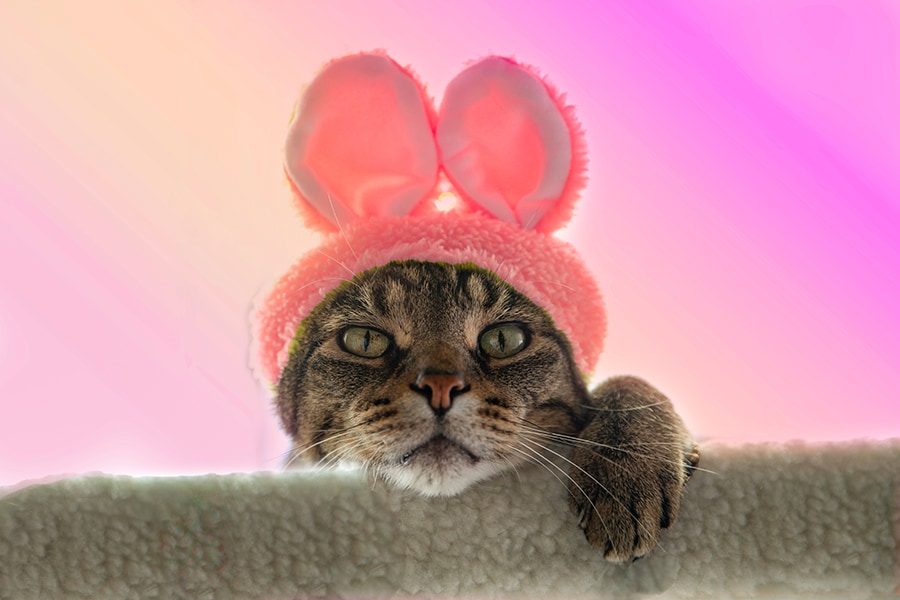
Those cute cats online? They help spread misinformation
While the posts with animals do not directly spread false information, they can draw a huge audience that can be redirected to a publication or site spreading false information about election fraud, unproven coronavirus cures and other baseless conspiracy theories entirely unrelated to the videos
 One of the many cute cat photographs that have gone viral on the internet for almost as long as it has been around. Image: Shutterstock
One of the many cute cat photographs that have gone viral on the internet for almost as long as it has been around. Image: Shutterstock
On Oct. 2, New Tang Dynasty Television, a station linked to the Chinese spiritual movement Falun Gong, posted a Facebook video of a woman saving a baby shark stranded on a shore. Next to the video was a link to subscribe to The Epoch Times, a newspaper that is tied to Falun Gong and that spreads anti-China and right-wing conspiracies. The post collected 33,000 likes, comments and shares.
The website of Dr. Joseph Mercola, an osteopathic physician who researchers say is a chief spreader of coronavirus misinformation online, regularly posts about cute animals that generate tens or even hundreds of thousands of interactions on Facebook. The stories include “Kitten and Chick Nap So Sweetly Together” and “Why Orange Cats May Be Different From Other Cats,” written by Dr. Karen Becker, a veterinarian.
And Western Journal, a right-wing publication that has published unproven claims about the benefits of using hydroxychloroquine to treat COVID-19, and spread falsehoods about fraud in the 2020 presidential election, owns Liftable Animals, a popular Facebook page. Liftable Animals posts stories from Western Journal’s main website alongside stories about golden retrievers and giraffes.
Videos and GIFs of cute animals — usually cats — have gone viral online for almost as long as the internet has been around. Many of the animals became famous: There’s Keyboard Cat, Grumpy Cat, Lil Bub and Nyan Cat.
©2019 New York Times News Service







